Harrisburg Bankruptcy Lessons for Consumer Chapter 13
Pennsylvania’s capital city of Harrisburg is seeking bankruptcy protection. The city faces a debt that is five times its general-fund budget. The debt accumulated after the expansion of an incinerator, which has not generated enough revenue to repay loans. According to the bankruptcy petition, $65 million is overdue.
Most consumers are unlikely to ever face the debt load of Harrisburg. However, on a smaller scale, the remodeling of a home or significant car repairs may lead to a situation where the amount owed is much more than an asset’s actual value. Payments may become unmanageable and bankruptcy may become the only option.
Chapter 13 Bankruptcy
If you have a valuable asset, such a non-exempt home that you wish to keep, Chapter 13 bankruptcy provides you with significant rights not available in a Chapter 7 case.
Under Chapter 13, you propose a plan to repay creditors over a three to five year period. During that time you can make up overdue payments and pay into a plan the equivalent value of assets not covered by exemptions. Chapter 13 requires bi-weekly or monthly payments and is only appropriate, if you have a regular source of income.
Some additional benefits of a Chapter 13 case are that:
- The rights of certain secured creditors (who have claims backed by real property, such as a car or home) may be modified
- Defaults on mortgage obligations can be cured
- You will retain possession and use of property that otherwise would be given back to creditors
- Creditors are paid out of your future earnings rather than with proceeds from the sale of your present property
Chapter 13 may require debtors to pay a premium and creditors likely will receive more than in a bankruptcy liquidation case under Chapter 7. A surcharge is also required to cover the trustee’s fee.
The plan must be approved by the bankruptcy court. You do not receive immediate discharge of debts, but must complete the payments under the plan before debts can be discharged. While the plan is in effect, you are protected from lawsuits, garnishments and other creditor action. Discharge is many times broader than in a Chapter 7 case.
Contact an experienced bankruptcy attorney to discuss the requirements of Chapter 13 and whether it might be an available option for you.


